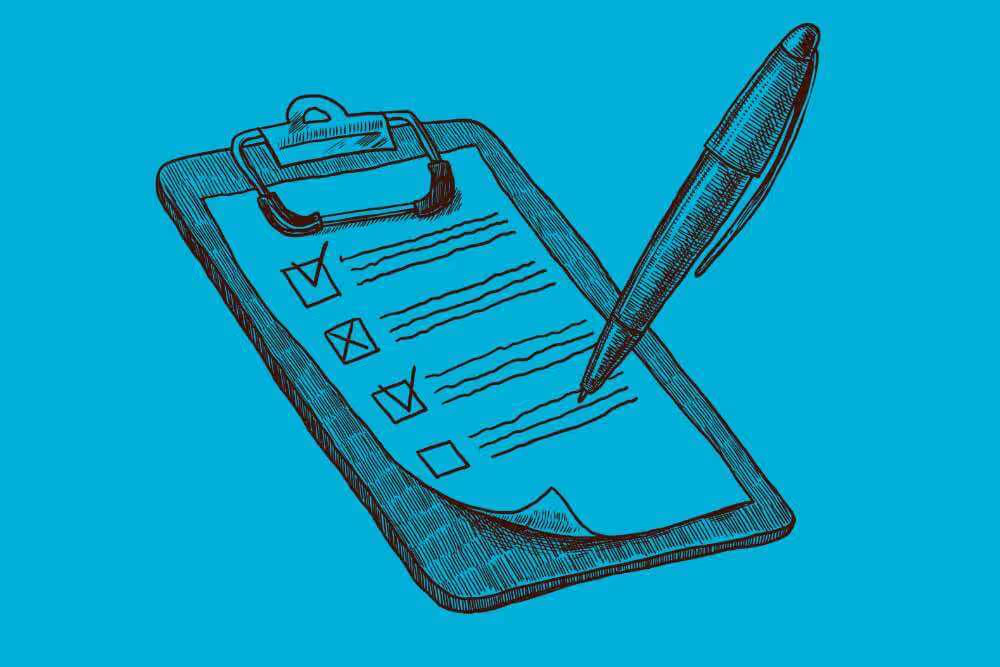Is it actually PTSD? Why PTSD Often Goes Undiagnosed
Key Takeaway
Is it actually PTSD?
One of the most critical questions in veteran mental health claims involves accurate diagnosis. Many veterans receive diagnoses other than PTSD for what may actually be undiagnosed PTSD, which has significant implications for their disability claims and access to appropriate evidence standards.
Why PTSD Often Goes Undiagnosed
The Nature of Avoidance
Avoidance is a core symptom of PTSD, and it creates a challenging cycle. Veterans experiencing trauma-related symptoms often become "defended" against recognizing or discussing those very symptoms. This natural protective response makes PTSD particularly difficult to assess and identify.
Military Culture Factors
Veterans face unique challenges in recognizing and reporting mental health symptoms:
- Cultural conditioning: Military training emphasizes resilience and minimizing personal struggles
- Stigma concerns: Fear that mental health issues may affect career or reputation
- Symptom normalization: Traumatic stress responses may feel "normal" within military context
- Limited mental health vocabulary: Veterans may lack language to describe complex trauma responses
Complex Presentation Patterns
PTSD frequently presents as other conditions, making accurate diagnosis challenging:
- Depression-like symptoms: Persistent sadness, hopelessness, social withdrawal
- Anxiety manifestations: Panic attacks, generalized worry, hypervigilance
- Substance use issues: Self-medication attempts that mask underlying trauma
- Physical complaints: Chronic pain, sleep disturbances, gastrointestinal problems
- Behavioral changes: Irritability, relationship difficulties, occupational problems
What This Means for You
Understanding whether you truly have PTSD versus another mental health condition isn't just about getting the right diagnosis—it's about accessing the right pathway for your disability claim and getting the help you deserve.
Recognizing Your Own Patterns
Many veterans find it helpful to reflect on their experiences by asking themselves:
- When did changes first begin? Did you notice shifts in mood, behavior, or functioning during or shortly after service?
- What triggers strong reactions? Do certain places, sounds, situations, or memories cause intense distress?
- How do you cope with difficult memories? Do you find yourself avoiding certain topics, places, or activities?
- What has changed in your relationships? Have family or friends commented on changes in your personality or behavior since service?
The Relief of Understanding
Many veterans describe a profound sense of relief when they finally understand their struggles within the context of PTSD. This recognition often brings:
- Reduced self-blame: Understanding that your reactions are normal responses to trauma
- Hope for the future: Knowing that effective treatments exist specifically for PTSD
- Better family relationships: Helping loved ones understand what you've been going through
- Clearer path forward: Having the language and framework to pursue appropriate help
Moving Forward with Your Claim
If you suspect you may have undiagnosed PTSD, this could significantly change your claim strategy. The different evidence standards we discussed earlier mean that getting an accurate diagnosis could be the key to a successful claim, even if previous attempts were denied.
Remember, seeking help isn't about finding a "better" diagnosis for your claim—it's about getting the accurate understanding of your condition that leads to both proper compensation for your service-related struggles and access to the most effective treatment options.
You've already shown tremendous strength through your military service and by taking steps to address your mental health. Understanding your condition accurately is another important step in that journey.
Frequently Asked Questions
Continue Reading

"Everyone feels like this” isn’t always the truth.
What you think is normal may actually be a symptom that shouldn't be overlooked. This free checklist includes 25 symptoms you may have been dismissing.

At Fieldstone Mental Health, we help eligible veterans access earned VA disability benefits through accurate mental health documentation while providing the answers and validation they deserve.
Our licensed psychologist understands military culture, catches what others miss, and provides VA-compliant Independent Medical Examinations and Nexus Letters that recognize the true impact of service.
Available remotely in PSYPACT participating states: AL, AZ, AR, CO, CT, DE, DC, FL, GA, ID, IL, IN, KS, KY, ME, MD, MI, MN, MO, MS, MT, NE, NV, NH, NJ, NC, ND, OH, OK, PA, RI, SC, SD, TN, TX, UT, VA, VT, WA, WV, WI, WY. View Map →




.avif)
